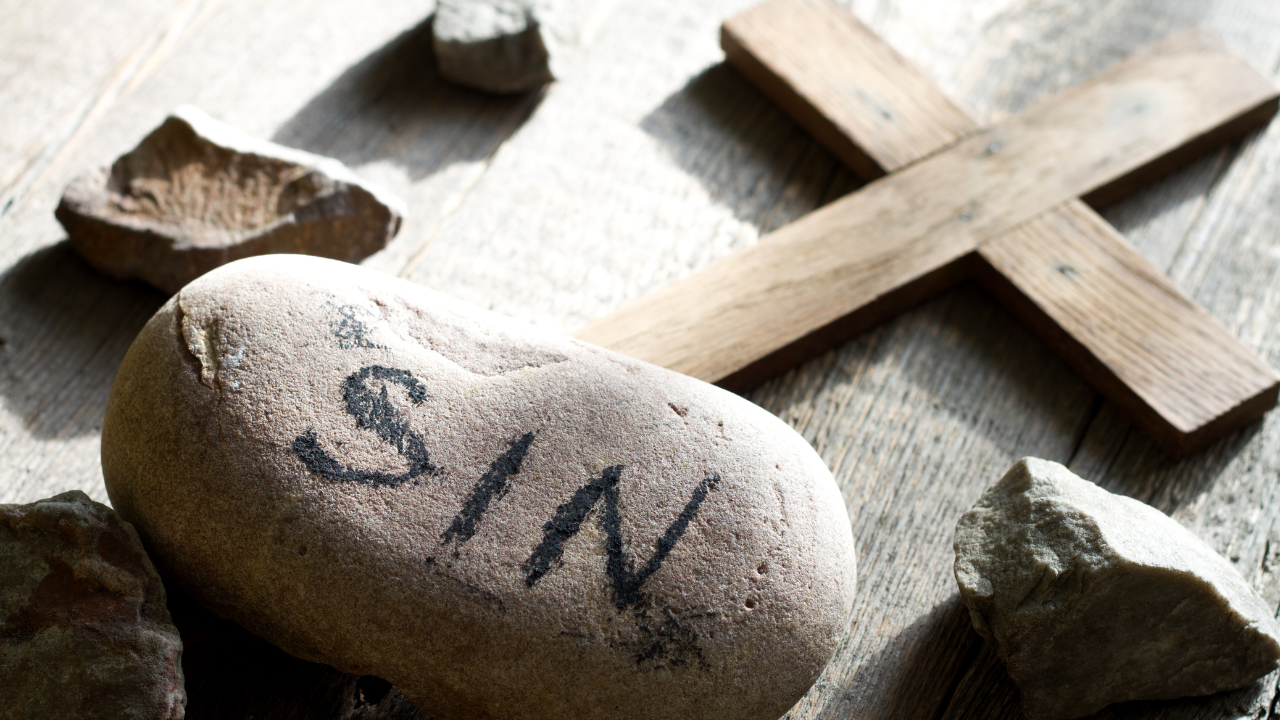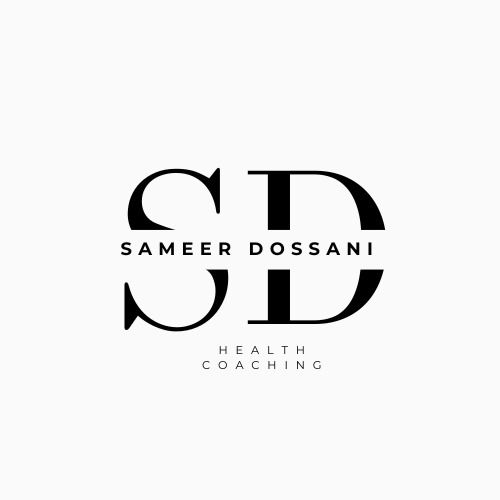The "Original Sin" of Weight Gain
Feb 06, 2024
[TLDR: When we say calories cause obesity, we're saying something that may be partly true but is completely unhelpful. If you'd like to hit your health goals, join the 6 week course starting next week. Link to book an initial free consultation is here.]
Why did the Titanic sink?
Yes it hit an iceberg, but that answer just begs the question. Did it have the wrong equipment for the North Atlantic, was it going too fast or was something else going on?
In just the same way, if I ask "Why did I become obese?" saying that I consumed more "calories" than I burned is extremely unhelpful.
I first heard the Titanic analogy in this conversation between Dr. Jason Fung and Cynthia Turlow. It really struck me just how wrong the Western obsession with “calories” is and yet why it never seems to go away.
Let's assume that there's an element of truth in the "calories" story. So I became obese and diabetic because I ate too much and I didn’t move enough. Maybe that’s true. But I only ate when I was hungry and I didn’t change how much I was moving. Why did that become a problem for me?
The Calories In, Calories Out model (CICO for short) has no explicit answer to the "why" question. It never really asks why. But it does have an implicit answer. The implicit answer is "because you're a bad person."
You overate and didn't move enough because humans like tasty food and humans are lazy. That answer is demonstrably false (if that's the case, then why haven't humans been obese since the dawn of time?), but it resonates with a society that has been exposed to Christian ideas of sin and repentance. Weight gain is the new “original sin” of our society. I am lazy and I like unhealthy foods. My obesity is the price I pay for those vices. 300 years ago the Catholic church would have told me that hell is the price to pay for my gluttony. Where's the difference?
There’s no doubt that the iceberg had a role to play in the sinking of the Titanic. But, as Dr. Fung points out, the Titanic sunk because it was going too fast. If you understand that, you can stop another Titanic from happening.
Why did I eat more than I should have? In order to understand that, we have to understand what drives hunger. And it turns out we have some pretty good answers to that question.
At the most basic level, hormones drive hunger. In fact humans, like any animal, are driven almost entirely by hormones. There may be some small group of humans who can, if motivated by the right things (like bodybuilding competitions) overcome the pull of certain hormones. The dopamine reward of winning a bodybuilding competition is enough for some people to overcome the pull of leptin (which is the primary hormone involved in hunger signalling). But those people are the exception rather than the rule.
So, assuming that CICO is correct but unhelpful, what was making me overeat? Well the hormones, yes, but what was triggering the wrong hormones at the wrong time? One answer (perhaps not the only answer) is the food I was eating.
As a vegetarian I was eating a lot of carbohydrates in my diet. Carbohydrates are just sugars. They get broken down very quickly into sugar in the body and trigger an insulin response. If you eat a lot of carbohydrates multiple times a day over many years, your body can lose it’s capacity to keep up with insulin production. Sometimes this can result in reactive hypoglycaemia, a condition where you feel very hungry and weak a couple of hours after eating because the hormone insulin has brought your blood sugars down too low. And the solution to reactive hypoglycaemia is to eat more, usually more carbohydrates.
On the flip side, we know that protein is the macronutrient most associated with satiety. We know that things like sugary sodas and juices contribute very little to satiety. We know that ultra-processed foods - which are usually just some combination of carbohydrates and seed oils - also contribute very little to satiety. So the advice that comes out of this way of thinking is bound to be more successful - eat in a way that maximises satiety and that minimises the insulin response to food (which will just make you more hungry). You could also consider using fasting as a tool to reset your hormones.
If there’s a criticism I have of Dr. Fung (and to be clear, he’s my favourite doctor in the world right now) it’s that he doesn’t go far enough.
“Calories” are a meaningless concept when it comes to nutrition. A calorie is defined as the amount of heat required to raise one gram of water one degree centigrade at sea level. Yes you can burn food and find out how many “calories” of potential energy are in that food, but that’s a pretty meaningless exercise. A gram of uranium contains 20 billion calories. Does that imply that if I eat a gram of uranium, I never have to eat again? (Don’t do that, obviously.) A gram of wood contains perhaps 2-5 calories depending on the species of tree. So should I just eat a kilo of wood every day to get to my 2 thousand calories?
The first law of thermodynamics, often quoted by nutrition bros who want to make themselves sound credible, states that energy can never be created or destroyed. But that only applies to a closed system. Humans are not closed systems. The mass we can acquire from a given food source has everything to do with the constituent parts of that food source and the quantity (mass)of the food source we consume. It also has to do with things like the amount of energy our bodies are using to maintain a constant body temperature, a feature we share with all warm blooded creatures. We know from studies that have been done on crash dieters that when you lose weight through eating less and moving more, the body temperature tends to go down. That means that afterwards, we could eat the same amount of food as we were earlier and start gaining weight (whereas before we weren't gaining weight).
If you try to lose weight following the CICO mantra - Eat Less, Move More! - the overwhelming likelihood is that you will fail. Worse, you will blame yourself for your failure. Health is not a morality play. Being overweight is not a sin. It's not even your fault.
Instead of torturing yourself, ask yourself what caused your health issues in the first place. It might not be exclusively diet, but diet is probably a part of it. And if you want to improve your diet (which is not the only way to address the problem) then consider the question of what diet (or diets) humans evolved to eat. Everyone will agree that pop tarts and ice cream and sodas weren’t available 350,000 years ago, but neither were broccoli or potatoes or apples. These fruits and vegetables may be part of a healthy diet for some people, but once we’ve already lost our health we might have to return to first principles. And the first principle when it comes to human health and nutrition is that humans evolved to be eating a diet of mostly animal products.
And that - instead of the CICO nonsense - is a starting point to regaining your health.
🌱 Ready to Find Your Path to Gut Freedom?
Stop trying to solve your Crohn's, Colitis, or IBD alone with conflicting advice. A personalized plan is the fastest way to clarity and relief.
On a free call, you’ll get:
✅ Clarity on your triggers – Identify the dietary and lifestyle factors uniquely impacting you.
✅ A tailored starting point – Get actionable steps to reduce inflammation and calm your gut.
✅ Real answers – Ask anything about your symptoms and healing (no topic is off-limits).
💬 “Working with Sameer gave me a clear path when I felt completely lost. This is the guidance I needed.” – Previous Client
Your personalized plan is a conversation away.

